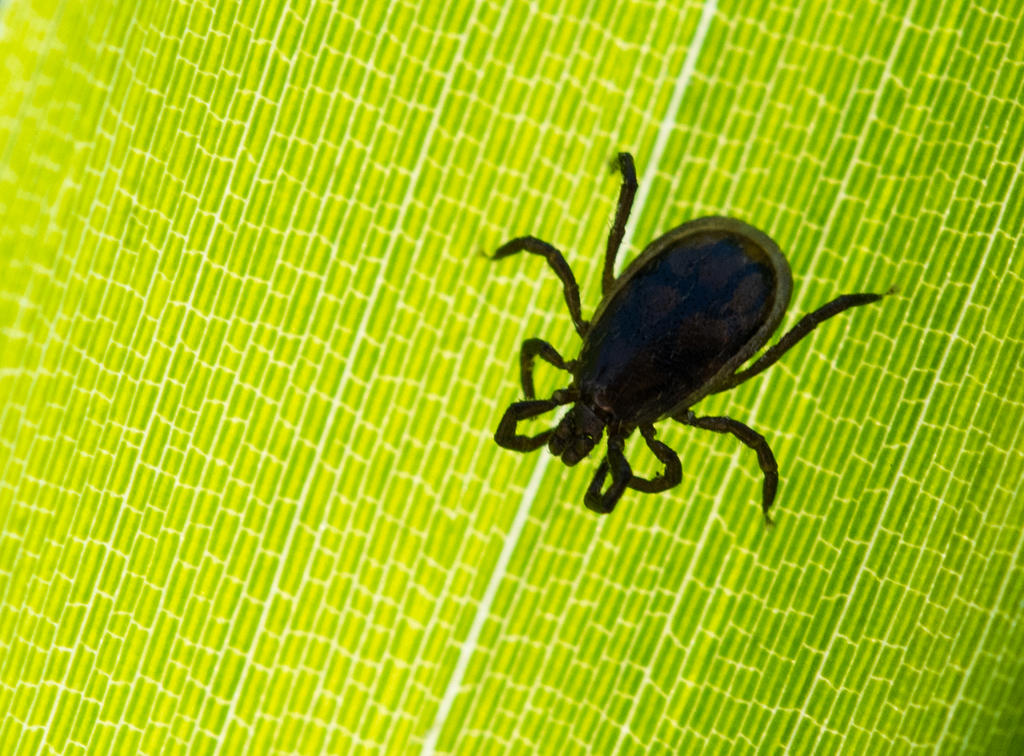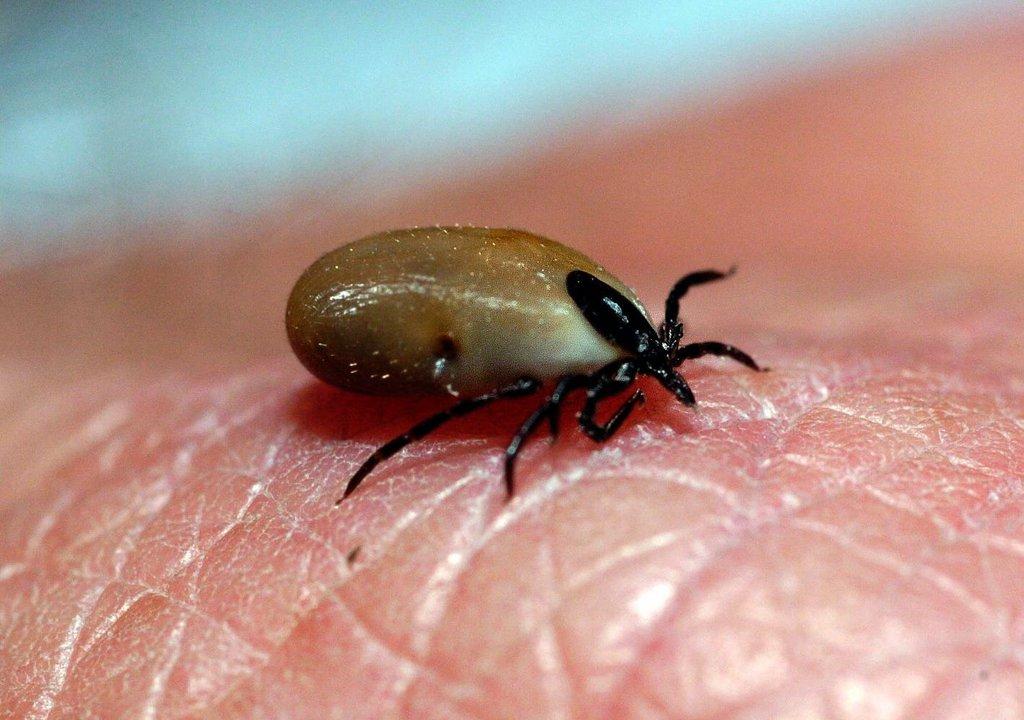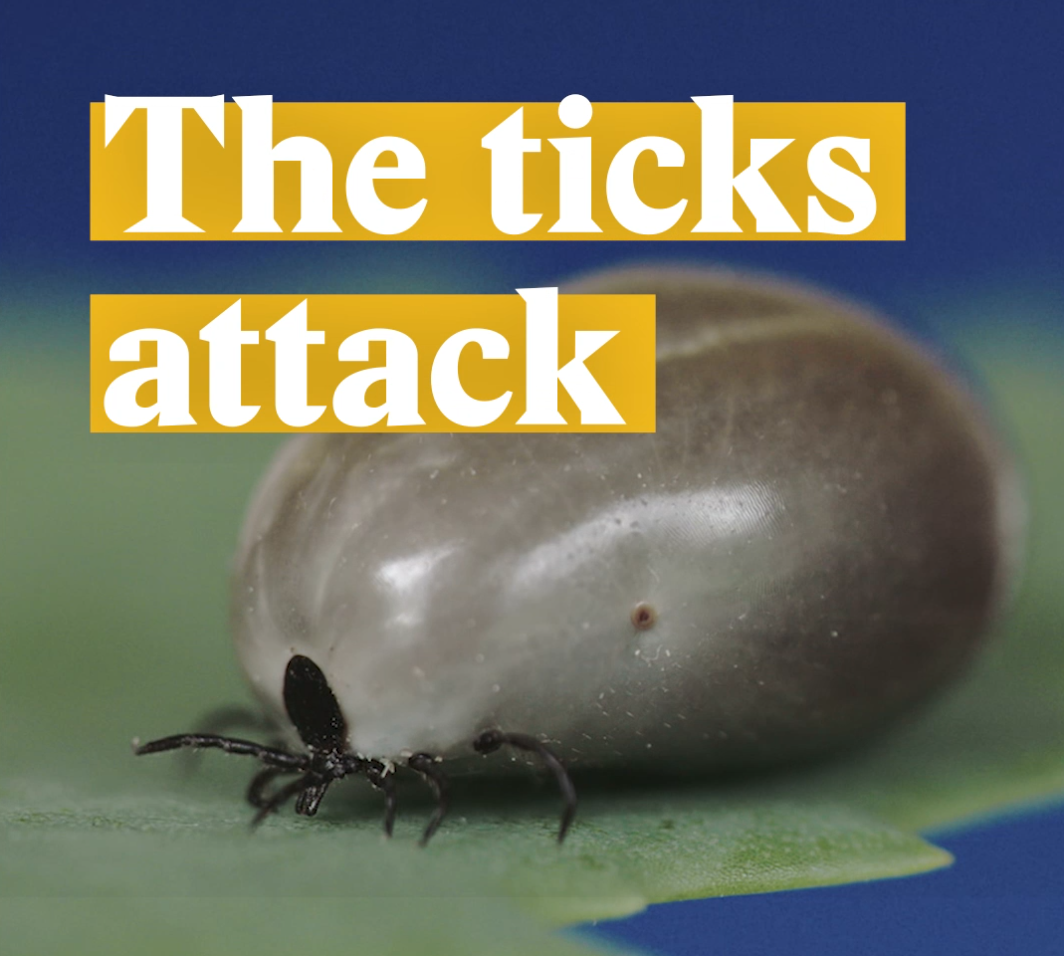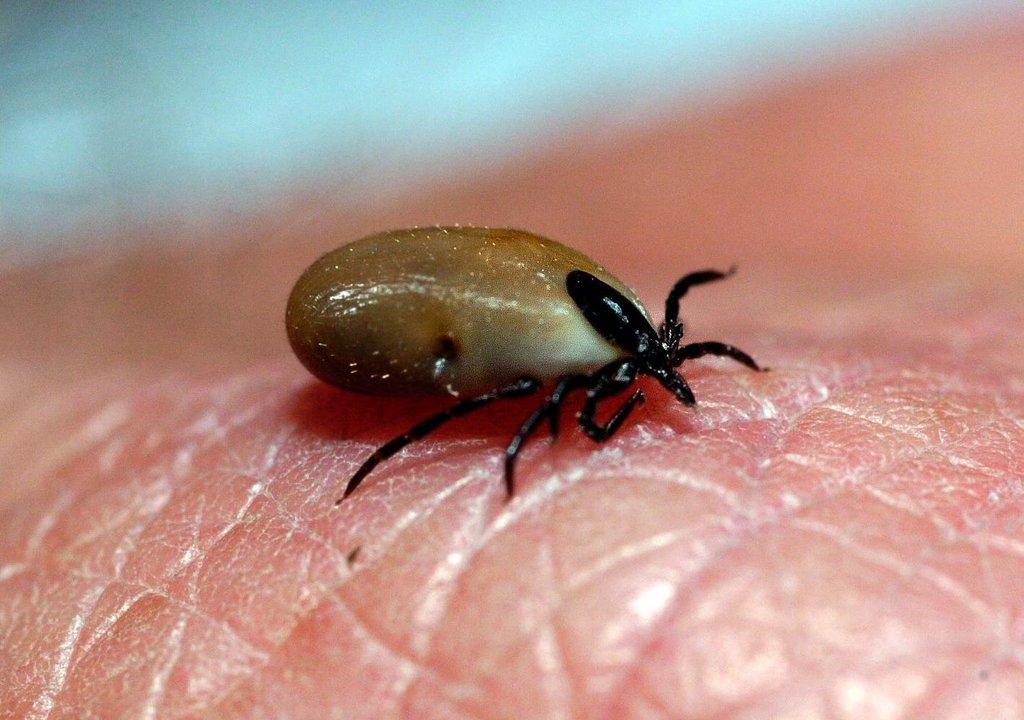Meningitis cases from tick bites on the rise in Switzerland

More people in Switzerland have contracted meningitis from tick bites so far this year than at any point in the last decade, according to federal health officials. They are emphasising the need for vaccines to prevent the disease.
Speaking with the SonntagsZeitung newspaper, Daniel Koch of the Federal Health Office called the increase in meningitis cases “unsettling”. Two people who contracted the disease this year have died from it and more than half were hospitalised.
Meningitis, a viral disease, cannot be treated with antibiotics. The Federal Health Office is encouraging those older than six in high-risk areas to get the meningitis vaccine to mitigate the risk from tick bites, especially since the disease often surfaces well after a person has been bitten.

More
Coming to Switzerland? Watch out for ticks
The highest-risk areas are located in eastern Switzerland and in the region near lakes Neuchatel and Biel, according to authorities. At the moment, fewer than 60% of people in the affected areas are vaccinated against meningitis, according to the Federal Health Office, which points out that that autumn is the ideal time to be vaccinated in order to be protected against the disease in the spring.
A mobile app called “Zeck”External link (German for “tick”) developed by the Zurich University of Applied Sciences (ZHAW) has collected data over the past two years on where people are bitten by ticks across the country.
While Switzerland has seen an increase in meningitis cases due to tick bites, neighbouring Austria has brought its cases down to 80 from as many as 700 due to 83% of its population being vaccinated against the disease.

In compliance with the JTI standards
More: SWI swissinfo.ch certified by the Journalism Trust Initiative










You can find an overview of ongoing debates with our journalists here . Please join us!
If you want to start a conversation about a topic raised in this article or want to report factual errors, email us at english@swissinfo.ch.